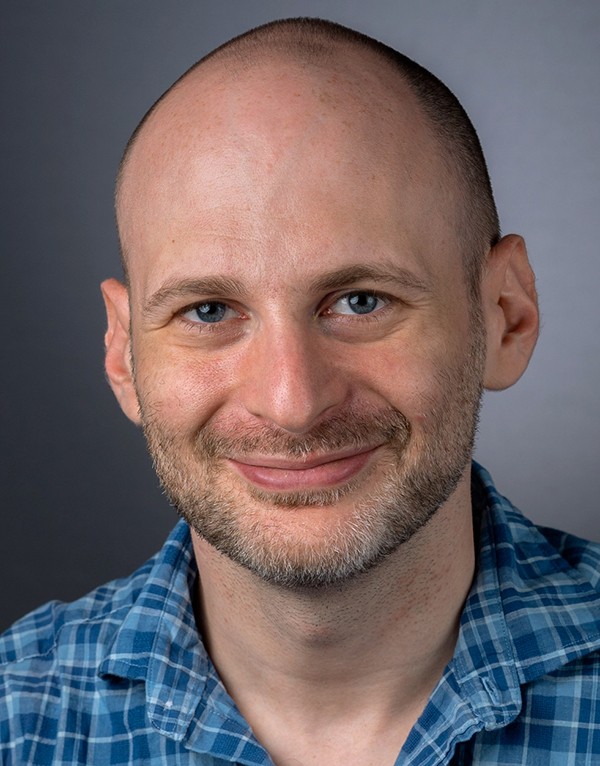Stephens-Davidowitz named Packard Fellow
By Louis DiPietro
Noah Stephens-Davidowitz, assistant professor of computer science in the Cornell Ann S. Bowers College of Computing and Information Science, has been named a Packard Foundation Fellow for his work in theoretical computer science and cryptography.
The fellowship from the David and Lucille Packard Foundation includes $875,000 to be used for research over five years.
Stephens-Davidowitz is one of 20 early-career scientists and engineers in this year’s cohort. His research focuses on lattices – mathematical objects that appear throughout computer science and are used in cryptography.
The cryptography that powers much of modern data protection relies on unproven assumptions – specifically, that certain mathematical problems would require astronomical computational power to solve. Stephens-Davidowitz studies the theoretical foundations of such assumptions, specifically the mathematics of lattice-based cryptography.
Stephens-Davidowitz is the 21st Cornellian awarded a Packard Fellowship, joining Cornell Bowers CIS colleagues Jon Kleinberg, the Tisch University Professor of Computer Science, and Éva Tardos, the Jacob Gould Schurman Professor of Computer Science and department chair.
“It’s an honor to receive the Packard Fellowship,” Stephens-Davidowitz said. “I’m particularly proud to receive the same fellowship that Éva and Jon received.”
Stephens-Davidowitz is also a faculty field member in the Center for Applied Mathematics and the Department of Mathematics in the College of Arts and Sciences. He earned his doctoral degree in computer science from New York University in 2017.
Prior to joining Cornell in 2020, he was a fellow at the Simons Institute at the University of California, Berkeley, and held postdoctoral positions at the Massachusetts Institute of Technology and at Princeton University, where he also served as a visiting researcher at the Institute for Advanced Study’s School of Mathematics.
“The funding from the Packard Fellowship will help to pay for my wonderful Ph.D. students and allow me to focus more on my research and less on seeking funding,” he said. “I'm also excited to meet the other Packard Fellows and to learn from them.”
Now in its 35th year, the Packard Fellowship is one of the largest nongovernmental fellowships for research, and assists innovators “who are boldly pursuing new areas of research,” the Packard Foundation said in a statement.
Recent Packard fellows from Cornell include Kirstin Petersen, assistant professor of electrical and computer engineering (2019), Ilana Brito, associate professor and the Mong Family Sesquicentennial Faculty Fellow in the Meinig School of Biomedical Engineering (2017); and Lena Kourkoutis, assistant professor of applied and engineering physics (2014), who died in 2023.
Tardos was a 1990 Packard Fellowship winner and now serves on the fellowship’s 11-member advisory panel.
Louis DiPietro is a writer with the Cornell Ann S. Bowers College of Computing and Information Science.
Media Contact
Get Cornell news delivered right to your inbox.
Subscribe

